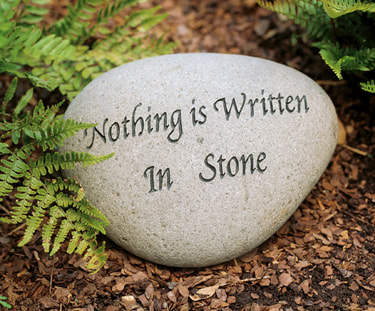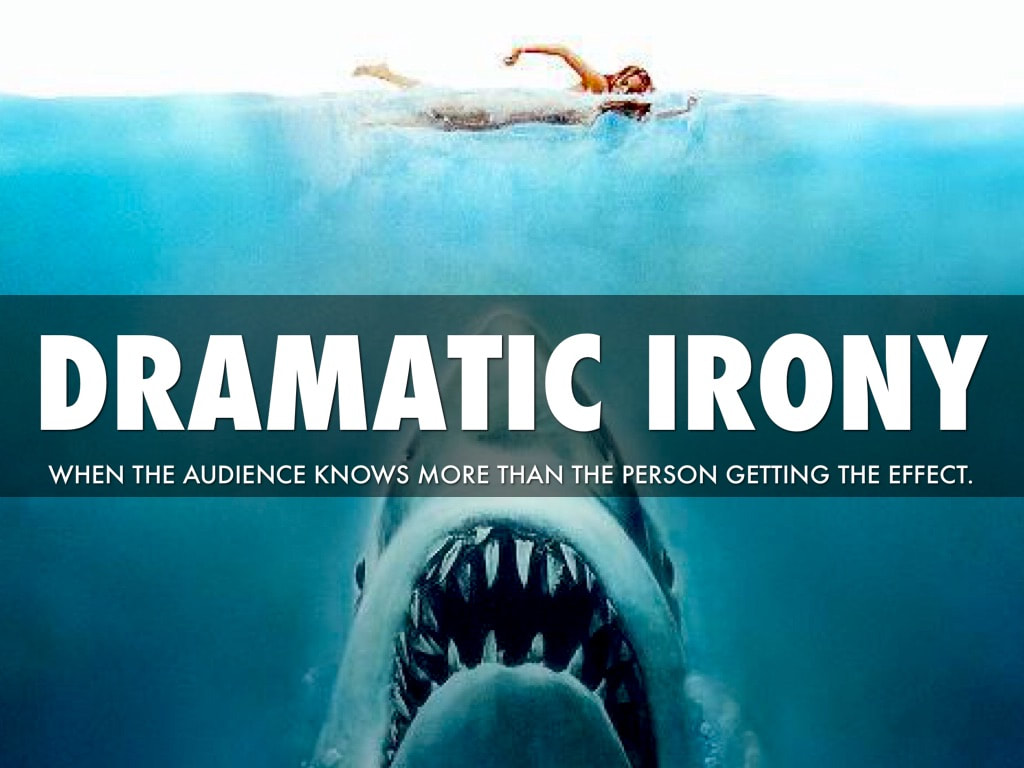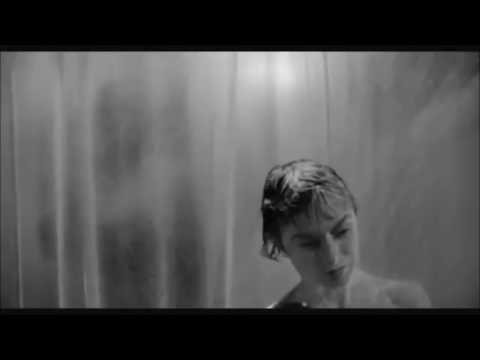An oxymoron is a phrase that seems self-contradictory or incompatible with reality. By juxtaposing two opposite words (that is A + Not A as in "living dead"), writers seek to achieve dramatic contradiction or vivid imagery. | Eloquent silence |


